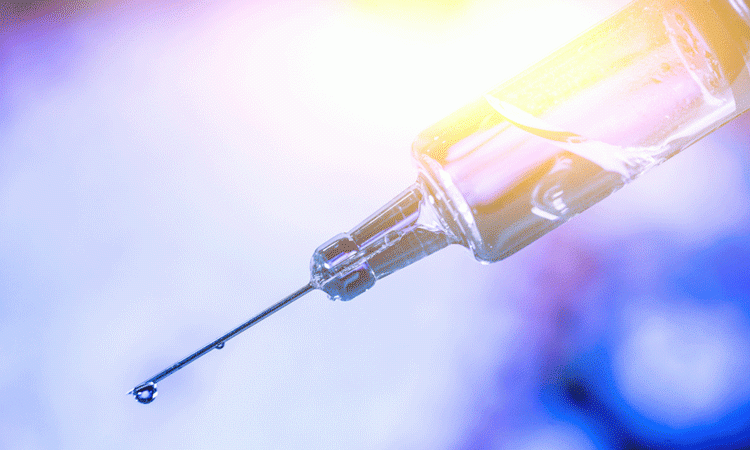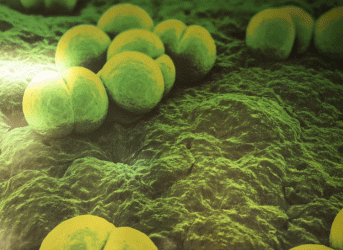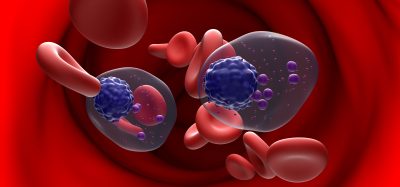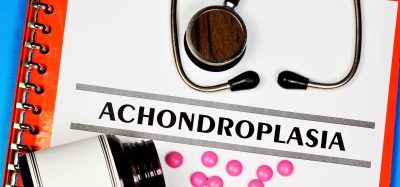Streptococcal toxic shock syndrome vaccine candidate developed
Posted: 4 September 2019 | Victoria Rees (Drug Target Review) | No comments yet
Researchers have created a vaccine to treat and prevent streptococcal toxic shock syndrome which showed success in mice models.


A novel vaccine to treat and prevent toxic shock caused by invasive streptococcal disease (ISD) has been developed and tested in mice. According to Dr Manisha Pandey, the lead researcher, the condition can become life threatening when streptococcal toxic shock syndrome (STSS) occurs, highlighting the need for a treatment.


Streptococcus bacteria (credit: Griffith University).
The study was led by researchers from the Griffith University Institute for Glycomics, Australia. Previous studies have shown that STSS occurs when a toxin made by the streptococcal organism binds to a human protein and activates T cells in the immune system. This prompts a cytokine or highly inflammatory response, agitating white blood cells which release potent immune hormones that can result in death.
“Streptococcal toxic shock syndrome is an acute condition like meningococcus – if you get exposed to the organism you can be dead within a matter of days or less. So, we’re hopeful that what we’ve discovered can help save lives,” programme leader and laboratory head Professor Michael Good said.
Using a transgenic mouse model, the team developed the first STSS vaccine, called J8. Antibodies developed from the streptococcal M protein and streptococcal pyrogenic exotoxin (SpeC) were used for the vaccine candidate and cleared the infection in the mice.
“We vaccinated the transgenic mice – and it could prevent toxic shock, but as importantly, we were able to make antibodies in normal mice which we could use to treat sick mice. When the transgenic mice became very ill, we treated them with the vaccine antibodies and they recovered overnight – the organisms as well as the toxin were cleared from their blood,” said Professor Good.
Now that the antibodies have been generated, the researchers say the next step is to develop monoclonal antibodies (mAbs) that could be suitable for a human trial study of J8’s efficacy against invasive streptococcal disease.
The research was published in Science Advances.
Related topics
Antibodies, Drug Targets, Monoclonal Antibody, Research & Development, Vaccine
Related conditions
streptococcal toxic shock syndrome (STSS)
Related organisations
Griffith University Institute for Glycomics, Science Advances
Related people
Professor Michael Good








